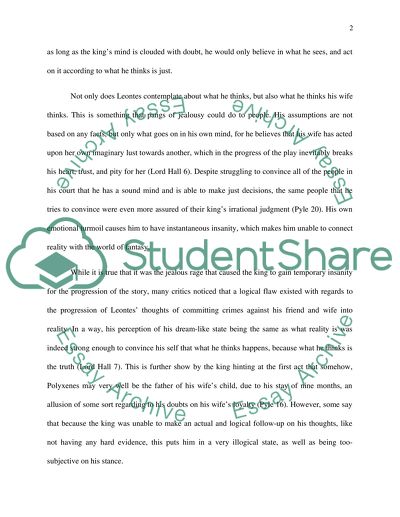Cite this document
(“A Commentary on King Leontes in Shakespeares Winters Tale Essay”, n.d.)
Retrieved from https://studentshare.org/literature/1464969-a-commentary-on-king-leontes-in-shakespeares-winters-tale
Retrieved from https://studentshare.org/literature/1464969-a-commentary-on-king-leontes-in-shakespeares-winters-tale
(A Commentary on King Leontes in Shakespeares Winters Tale Essay)
https://studentshare.org/literature/1464969-a-commentary-on-king-leontes-in-shakespeares-winters-tale.
https://studentshare.org/literature/1464969-a-commentary-on-king-leontes-in-shakespeares-winters-tale.
“A Commentary on King Leontes in Shakespeares Winters Tale Essay”, n.d. https://studentshare.org/literature/1464969-a-commentary-on-king-leontes-in-shakespeares-winters-tale.


